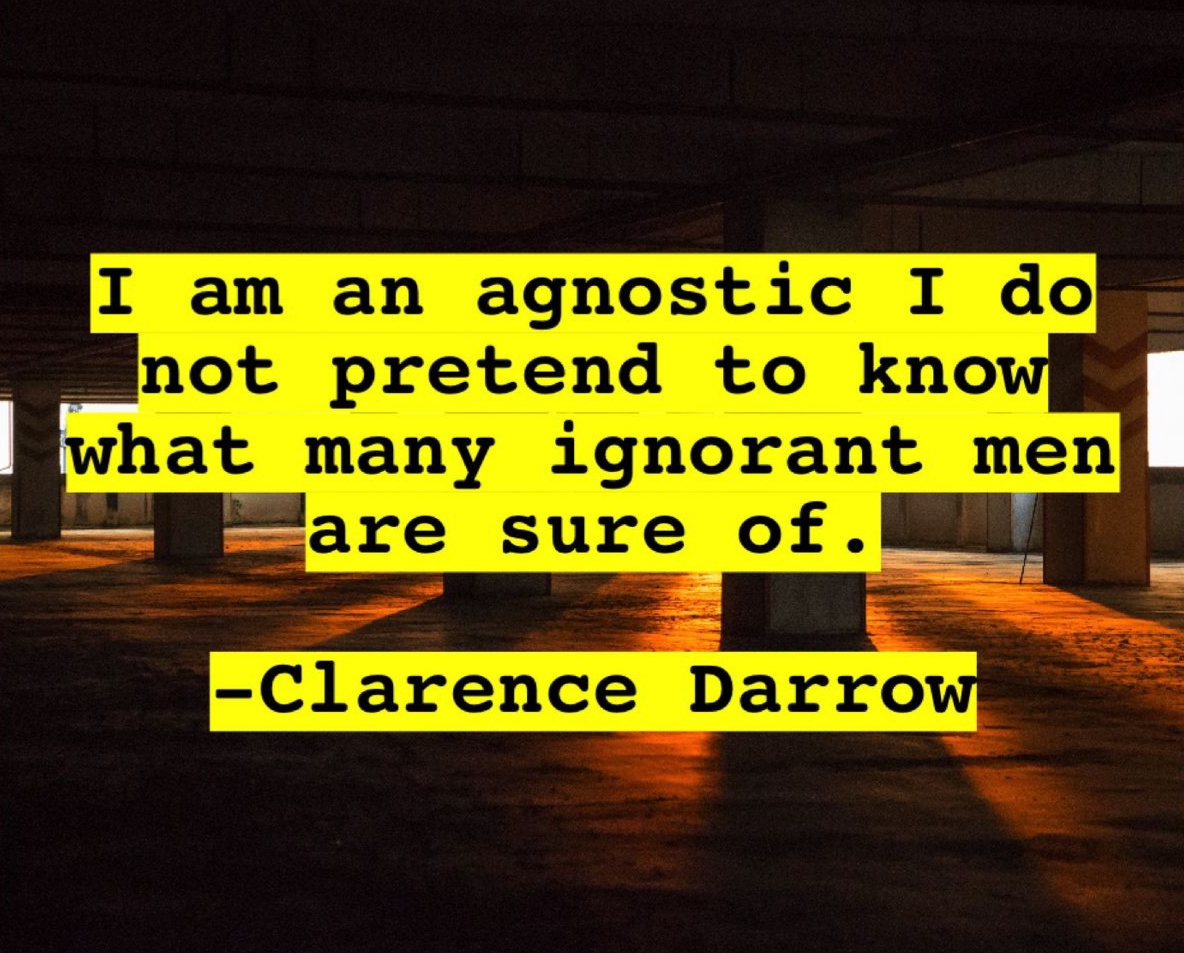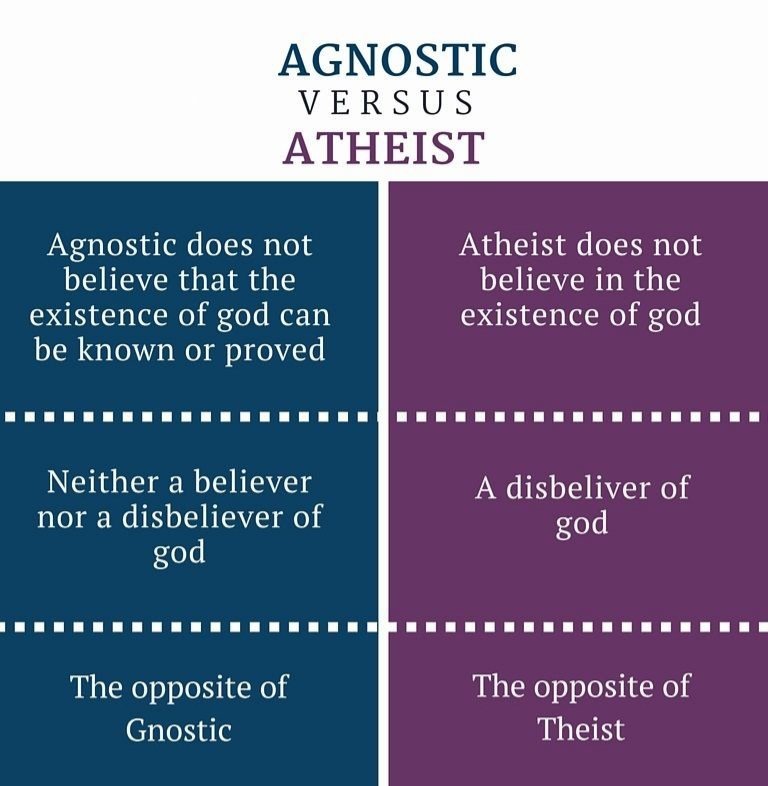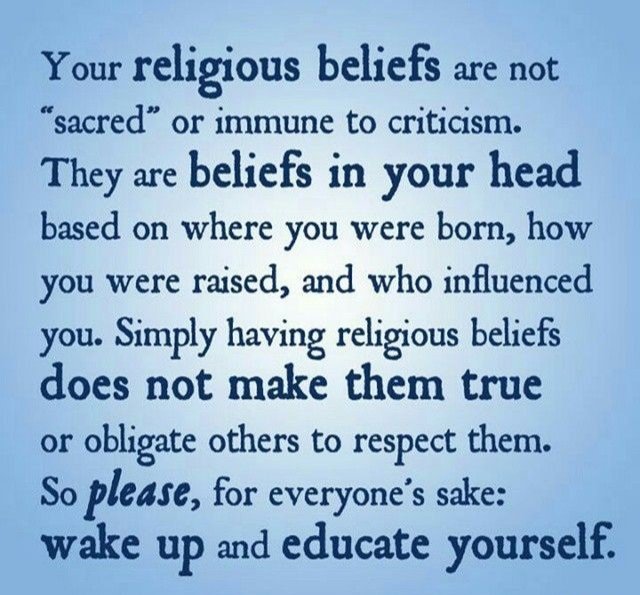


“To Christians who grew up in a Christian home; are your Christian beliefs independent, or are you influenced by your parents? Would you be a Christian if you had been given a choice?”
– Caroline Mughogho (@carolinemugz on Twitter)
The words “Religious Studies” keep ringing in my head, whenever I think about learning of spirituality.
Born and raised in the Catholic faith – questioning God, or His existence, was nowhere near a possibility. Words like blasphemy, profanity and disrespect always came up. I was a good child. I did not want to offend God. God loved me, and I loved God.
My parents never quite forced Christianity on my siblings and I. I am not sure if I can say we had a choice, but I definitely never felt that I was forced. I enjoyed being in the church.
I was bapstised a few weeks after my birth, and spent most of my childhood at the sisters’ convent, praying and reading with other kids, as the sisters took care of us. I spent near 13 years of my life in the church choir. I enjoyed it on most days.
I was pretty deep in my faith, if you knew me back then. It was church that saved me when I was going through the worst of bullying in secondary school. I looked forward to Wednesdays, when I would sit alone with my thoughts, speaking to a higher power.
I prayed a lot when my first person passed away. I had not experienced death before then. I did not understand most of it. I needed answers. I remember nearly crying when I had to do the bible reading at the memorial service. I spent a lot of evenings in the chapel, saying a word of prayer. When I was not in the chapel, I was probably taking a walk at the football pitch, still praying. I found peace in prayer – meditating alone with my thoughts.
My friend once dragged me to her church service, and I enjoyed it so much I started going every Wednesday. They were a pentecostal gather, my first exposure to the kind – and I slowly got accustomed to their way of doing things.
I remember falling in prayer – when I deeply believed that I was taken over by the holy spirit. I look back now, knowing as much psychology as I do now; and question whether that was really God – or my mind was just convincing itself it was.
Ignorant | Adjective
/ˈɪɡn(ə)r(ə)nt/
1. Lacking knowledge or awareness in general
2. Uneducated or unsophisticated.
I remember the first time I heard of agnosticism. I was 23, in Kigali, Rwanda. I was with her. She had just picked up my first book “By The End of Your Teens” to start reading.
“I have to admit, I almost gave up on you (us) as soon as I read your WhatsApp status. Most people find the things I say blasphemous, and out of the respect I have for Christians; I refrain from making friends with them so I do not offend their faith.”
I had given her my number at the conference centre earlier in the day, and she was to message me later.
My WhatsApp status (about) read: “God, nothing but Your will alone.”
She identified as agnostic.
Till then, I had not heard of agnosticism. In the world I knew, it was pretty clear and distinct what you were – either Christian/Muslim; or Satanic. I was not even that tolerant of Muslims – and other versions of spirituality were simply, not welcome here.

Yeah I knew of atheism, but my upbringing taught me that questioning God is sinful – the worst sin in fact. Those who dared question, in my view were just as good as satanic.
I looked up agnosticism, of course. She was pretty cool – and I liked her. A human being, who does not believe – and yet the furthest thing from evil. This was against everything I had been taught. If she did not believe in God, she was supposed to be evil. That is what they told me.
I started reading about it, the despicable agnosticism – why one would deliberately choose to not believe. Then, it came off as a choice, a bad one to say the least – as my history had me convinced that I had to believe… I had to believe in God.
The day I met her is the day I got enough confidence to start questioning my faith. I met a good person, and she had no Christian foundation guiding her “goodness”. She was very spiritual, but nowhere near Christian. I was inclined to know more. I had not been tempted to do so before then.
She read my book on her flight from Kigali to Philadelphia, which took her about 48 hours or less. She commented on how my book had much religious context. Till then, I had not quite realised how religion (/Christianity) played such a fundamental role in my day to day life.
I had been questioning from the day I met her. I had been asking a lot of questions for months – questions that made a lot of people around me uncomfortable, it seemed.
Being catholic – my understanding of the bible is quite different, from most Christians, I acknowledge. Growing up – we paid most attention to the journey of Jesus Christ on earth; and not much else.
I remember reading the bible, cover to cover, when I was in form 1 of Secondary School for my “Religious Studies” subject. I read it every evening, more as a story, than a spiritual doctrine. I have not studied the text much since, besides the occasional scriptures shared at church that made me look back and rethink some things.
As I questioned, I made my position very clear. Even though I still believed in the existence of God – I found the bible flawed, and inhumane to some extents. I found the portrayal of God in the bible problematic, and sought answers.
I remember asking about whether God, as portrayed in the bible, has a fragile ego – with some insecurities. Psychologically, He would have to be – to fit the description of what I refer to as “human characteristics” that were bestowed up Him in the Bible. A jealous God, a volatile God, an intolerant God – characteristics that when found in human beings are termed with psychological disorder.
“Let’s say you are walking around, and you find a watch on the ground. As you examine it; you marvel at the intricately complex interweaving of its parts; a means to an end. Surely, you would not think this marvel would have come about by itself. The watch must have a maker. Just as the watch has such complex means to an end, so does nature to a much greater extent. Just look at the complexity of the human eye. Thus we must conclude that nature has a maker too.”
– William Paley
This, for nearly two years had been the response I had slapped to my existence – my belief in God.
There was that about Christianity, slapping an immediate, and most times not well-thought out answers, on any questions arising, to clear any doubts about the existence of God.
For a long time, I did not subscribe to what the bible said about God. I however, believed I had a creator. I had to have a creator. I could not just be here.
I believed in God as my creator and protector. The bible had, for as long as I have been alive, told me that I was created, by God. I never stopped to question why that was so. It made sense to me. It made me feel safe. Anything, to clear my doubts.
“So God created man in His own image; in the image of God He created him; male and female He created them.”
– Genesis 1 vs 27
I never stopped to question that most of my (/the bible’s) descriptions of God gave Him very human characteristics. We belittled the God that (if existent) created the 200 billion galaxies, to our human capabilities. Because we are in His image and can create – we must therefore have been created by Him because we are like Him. We treat that saying, as though it says that “He is like us”, not “We are like Him.”

It would make sense, because the bible itself says that we were made in His image. I however now understand that verse as meaning that we are made in His image – but that does not translate that He is made in ours. This could mean that we have all of His characteristics, while He is so much more than us. For all I know, we could be but 1% of what He is. I mean we must be, if He is the almighty.
Curing my ignorance about the world has brought me to realising that certain psychological characteristics I possessed before were because of my inferiorities, insecurities, and psychological disorders. I have sought healing, since.
The better (upon attaining healing) I have become as a human being, the less I see those characteristics (like ego, jealousy, volatility, and intolerance) in me. I thus, start having a problem with my God possessing those characteristics because as great as I believe I am, if I am to believe, then I am but just a very minor fragment of the greatness of what God is. That was when I stopped believing in the God of Abraham, even though I still believed in God.
I built so much of my identity on being “God’s child”. That is probably why I held on for so long, even months after denouncing the bible.
I giggle, sometimes, when people ridicule those who have given up on believing, in the quest of knowledge. Giving up religion, as I have known it, means giving up a huge percentage of your foundation – and it is nowhere near easy to shake up one’s foundation that hard. It is easier to believe, that it is to not believe; for someone who was born and raised in a faith.
I find it entertaining when Christians get offended by people questioning their faith.
“If you no longer believe, well why are you still obsessed with our beliefs? Up and leave.”
Well I apologise that my exploring and debunking what has been my whole life (really for myself), beliefs that were imposed on me for decades, offends your self-importance and entitlement. This was my life, and I hold every right to debunk and heal from it, before I must move on.
I am currently in a space where I am comfortable sitting with my questions, listening, reading and learning. I am not in a rush to get answers, and I am okay with saying “I don’t know”.
For now, I do not know if God exists. Maybe I will never know, maybe I was never meant to know, and maybe that’s okay.
For now, I know that the church is not the foundation of morality. I know that a person can be good, and not be religious/Christian. I have met plenty agnostics, plenty atheists, since I opened up my mind to new information; and there are some pretty amazing people. There are also bad agnostics, bad atheists, as there are bad Christians.
I fell in love with the Dao. They’ve got some pretty interesting views; ones that I could see myself subscribing to, if I ever have the urge to be religious again. I want to travel to China for about a year, and just live among the Dao. They seem like a pretty chill people.
“When the world knows beauty as beauty, ugliness rises. When it knows good as good, evil arises. Thus, being, and non-being produce each other.
You can’t have light without darkness, good without evil, beauty without ugliness, wealth without poverty, life without death.
There is no supreme good, or supreme evil. Negative, immoral actions are considered a result of an imbalance in body, mind of spirit.”
– The Dao De Jing
“If it’s easy, it’s right.”
– Chuang Tzu
I also, definitely, would like to learn more about the history of African spirituality – what we rush to term as witchcraft (as the white man called it when he colonized our land). I would love to learn about how my ancestors found reason, and the deities they chose for themselves.
I learnt that believing is a choice. I learnt that choosing to not believe is just alright. If there is a God, I trust that He is truly almighty, and that he is not so fragile/egotistic to get offended by one, or seven, questions from one little African girl.
I trust that He will sit with me, and grant me the answers I seek, when I see Him one day. But if He does not exist, I will shrug and say well alright – or perhaps do nothing at all, as I will simply cease to exist. Who really knows?
Most Christians who have questioned my path almost always ask the same question:
“If not for God, then how do you explain your existence?”
I know that people choose to believe because it is easy. The foundation of believing, for most, is the quest for answers – as is mine. Most are looking for reason, why we are – what happens before, and after we exist. It makes sense, I suppose, to subscribe to higher beings – creators.
There is an argument most Christians advance, that:
“Which is better:
Getting to the end and learning that God existed all the while you denied His existence?
Or
Getting to the end and learning that God does not exist, even when you believed your whole life?”
Most would opt for the latter – the safe choice.
I know as an agnostic that I will shrug and say “cool” to whatever I find out in the end because only then, will I know for sure. And if God does exist, I trust that He is more reasonable than I am, and will probably say “cool” too and direct me to more knowledge about Him. He might also choose to be unreasonable and send me to burn for all eternity for not playing His game on earth – which would be pretty uncool of Him – but it is what is.
I accept that I am ignorant, and I am not ashamed of being ignorant. I am not so desperate to find reason, to explain my existence, to know; so much so that I must believe in what is not known. Maybe there is a reason the creator, if there is any, does not wish it to be known. I will make no assumptions and guess that He is playing some game and wants me to seek that knowledge when I am certain it is not to be found.
I know that most of Christianity to an extent has to do with self-hypnosis. That I must give up reason, for faith. I think that is a choice one gets to make – one that I made before (for two full decades of my life), but am no longer comfortable making.
My partner is Christian, and a really good man. We discuss a lot on spirituality, and respect each other’s views. He has seen more life than I have, and has gone through the phases I am going through now; to have decided, actively, to come back to believing. He is very objective, and almost always willing to engage in intellectual discourse regarding spirituality. I have found that he is very respectful of my questioning phase – and we can co-exist with mutual respect in our beliefs.
My mother still prays for me. I appreciate her prayers. She believes, and I love her enough to respect that she does. Whether her prayers over my life are the reason for my success, I cannot say for fact – but an inch of me hopes that, for her efforts, it is so.
Would I have been Christian, had it not been all I knew from birth? Truth be told, as a true agnostic – I will never know.

Agnostic | Noun
/aɡˈnɒstɪk/
Agnosticism is the view that the existence of God, of the divine or the supernatural is unknown or unknowable.
I still recall the day I became agnostic. I was sitting in a chair across from him. He liked that I was questioning.
We were talking about God, my creator.
He asked me one question, a question that I am yet to answer. A question that led to my agnosticism:
“Why must we be creations? Why must we have a creator?”